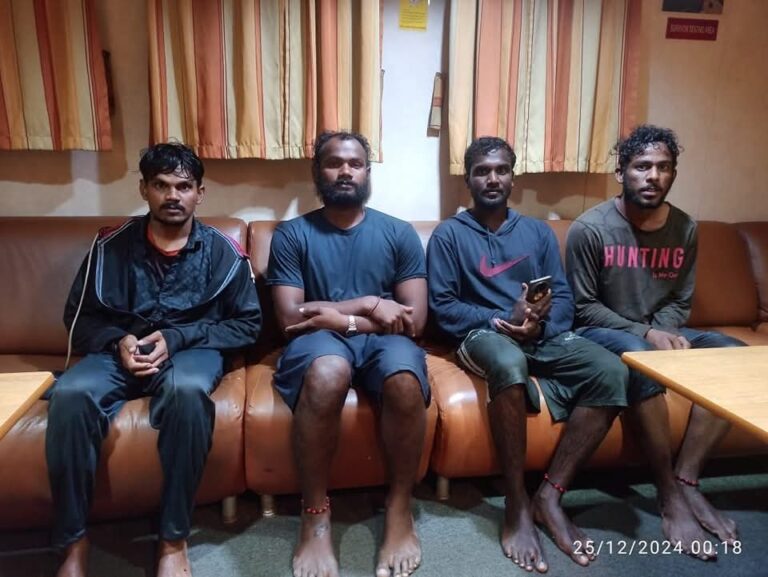Protesters cannot occupy public places indefinitely, the Supreme Court said this morning in a hugely influential verdict on a batch of petitions against the anti-citizenship law protests at Delhi’s Shaheen Bagh over the contentious law that cleared the parliament last year. “Dissent and democracy go hand in hand,” the top court observed, stressing that “protests like these are not acceptable”.
“We have to make it clear that public places cannot be occupied indefinitely whether in Shaheen Bagh (in Delhi) or elsewhere. These sort of protests (like Shaheen Bagh) are not acceptable and (the) authorities should act… they must keep such spaces free from obstruction,” the top court said, adding the “administration cannot wait for orders from court to clear” the protest sites.
“We appreciate the right to peacefully protest and it can be (held) at designated places only,” the court stressed.
A three-judge bench of Justices SK Kaul, Aniruddha Bose and Krishna Murari delivered the judgment on a batch of petitions to decide if there can be “an indefinite period of protests in a common area (that) creates inconvenience for others”.
The bench had reserved its verdict at the last hearing on September 21. “We have to balance the right to protest and blocking of roads. In a parliamentary democracy, protests can happen in parliament and on roads. But on roads, it has to be peaceful,” the bench had said at the time.
The court had earlier noted that there cannot be a “universal policy” since circumstances may “vary” from case-to-case.
















